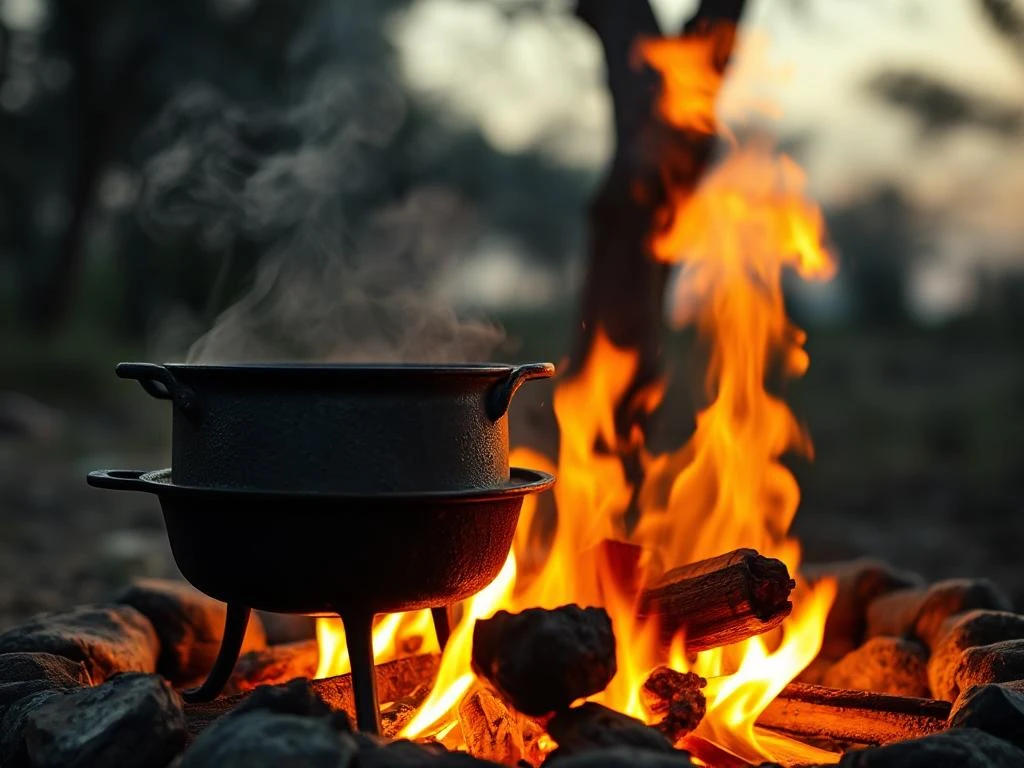What does a self-drive safari cost?
Picture an African safari and the classic images spring to mind of orange sunsets, pith helmets, flowing Hermes scarves and a team of porters carrying gramophones into wild country.
The original safaris were indeed journeys across the bush and involved vast armies of support – Roosevelt famously had 500 porters carrying a piano and a tin bath for him amongst other things. These early pioneers were not bound by time or budget restraints. This was extravagant luxury travel at its most unashamed. So, with this as the founding plan, safari trips have always been construed as expensive and elitist holidays. There is no getting around the fact that because of the logistics needed, the distances involved and the wild nature of the country that costs can spiral. However, nowadays you don’t have to to take your own bath.
To cut to the chase what is this trip going to cost? In simple terms, it all depends just how far up the spectrum of luxury you wish to go.
There's a spectrum of accommodation to choose from
At the simplest level, it is possible to camp. This takes a certain kind of adventurer and requires a level of self-sufficiency that will not appeal to all. Camping in campsites can be from as little as £20 a night for a pitch, you will of course need to to get there and take all of your own provisions but the sensation of freedom and exploration makes this one of the purest and best ways to travel. Have a look at some of the sample itineraries on our website for price guides, for example, see our Camp Namibia itinerary.
The next natural step up from this is basic tented camps. Here you can still enjoy the essence of life under canvas although your tent more closely resembles a hotel room. These tents are usually around 12 feet wide and 24 feet long with an ensuite bathroom. Depending on the quality of the fixtures and fittings, the standard of meals and guiding you can pay anything from £200-£500 per person per night for this level. With these properties, it is often the location and the levels of service that make or break a trip, so the right choices are crucial.
Just above this tier are some properties which excel at being a part of the landscape rather than a tourist blot on top of it. These camps employ the finest trackers and guides, you can be assured of your own private vehicle for your game drives and they offer exceptional experiences like walking safaris and expert photographic help. Generally, these properties cost between £500-£1,000 per person per night.
Then there are the lodges at the very top end of the scale. These tend to be destination properties which are famous in their own right and have achieved near-mythical status. Costs can spiral into the thousands.
Advantages of 'Green Season'
Should you wish to cut costs but not the experience, then it is well worth travelling in “Green Season” – which is just outside the peak travel months. We’re big promoters of green season as the conditions are still fantastic, there are less tourists around as - peak season also collides with school holiday - and you can experience incredible safari for a fraction of the peak season costs. Also, destinations like Namibia which are year-round destinations don’t really have a best time to visit, so it’s a win win.
Value in Namibia and South Africa
Another consideration, is where you go, as some countries like Namibia and South Africa operate on the Rand which has a favourable exchange rate compared to other countries which use the American dollar. This currency difference can make your sterling stretch a lot further making safaris to these countries up to 20% less expensive than their dollar counterparts.
Similar price, more memories!
So, despite the reputation, a week on safari is comparable in cost to a good skiing holiday or a fortnight in the Caribbean. The main difference is that a ski holiday is just a ski holiday, and a beach is just a beach, but a safari in Africa is a million memories that will last a lifetime. In our opinion - the best money you can ever spend.









